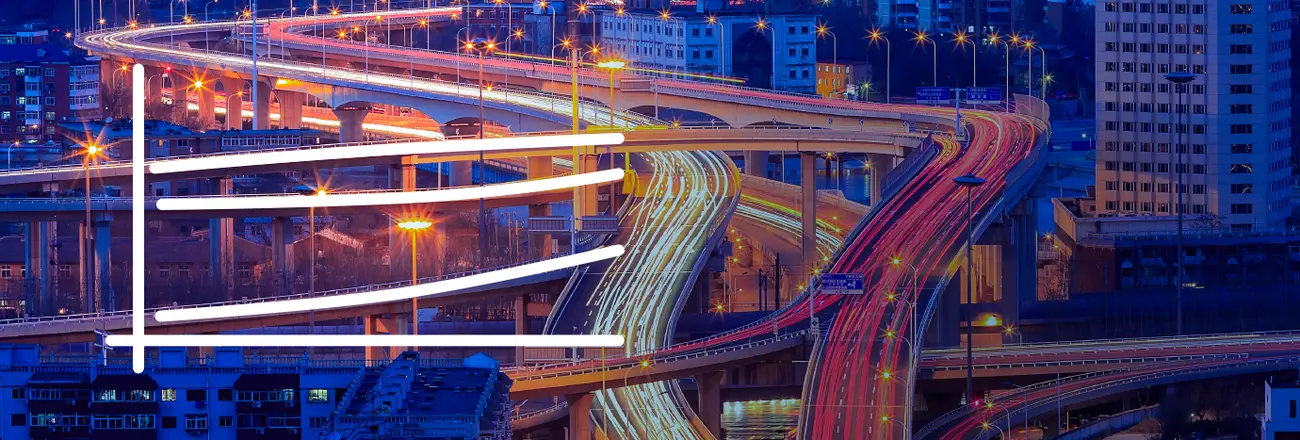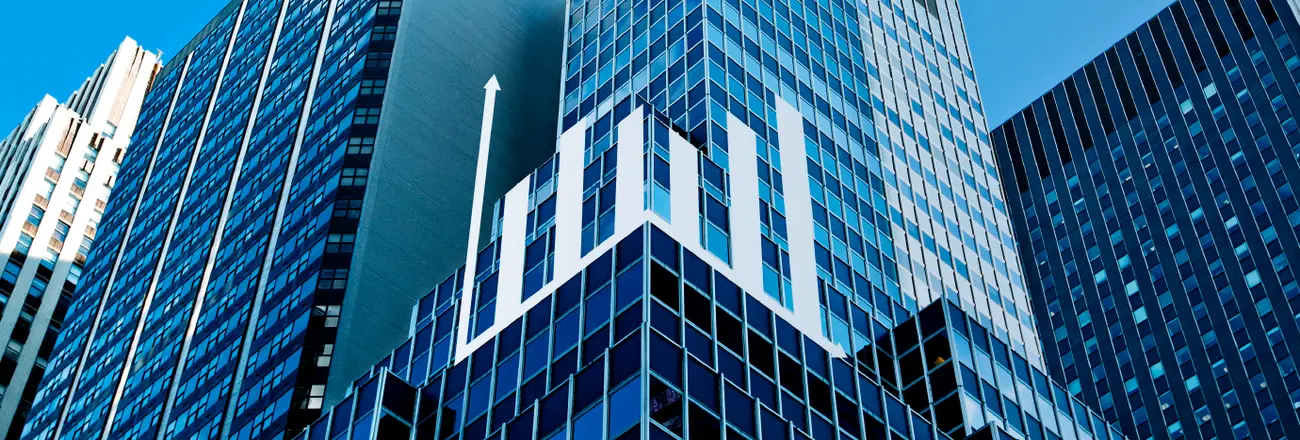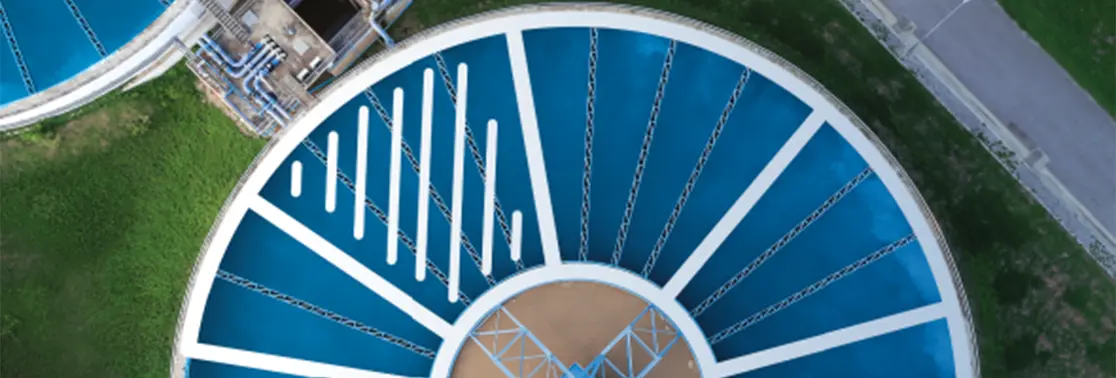Summary
Foreword
The awareness of the finiteness of our natural resources as well as the fight against climate change make us look for an alternative development model. The Circular Economy could be part of the solution and has become increasingly successful in recent years : the concept has spread from a small circle of insiders to a growing number of companies and citizens.
However, defining the Circular Economy is not easy and there is no universal definition today. At Amundi, we consider that the Circular Economy is a change of economic model that allows producing sustainable consumer goods, while protecting nature - by giving it time to regenerate - and ensuring the well-being of individuals. There is an urgent need to promote a society in which natural resources are protected, in which nature has the time to regenerate, where consumption is reasoned, where the life of goods is extended to the maximum and where waste is treated to be recycled in new products.
The Circular Economy obliges to review each step of the production, lifespan and treatment of the goods produced. The Circular Economy is not reduced to the treatment and recycling of waste, contrary to a certain collective imagination. It therefore seemed necessary to study the reality of this concept and its operational translation by companies in their business-models. In 2020, we launched a campaign to engage four sectors, identified by the European Union as priorities in view of their environmental impacts but also their strong potential for circularity: Automotive, Construction & buildings, Electronics & ICT and Fashion. We have been in active dialogue with about thirty companies and have analyzed their strategies, policies and the solutions they are developing. This paper is the result of our research and presents our main conclusions for each sector.
The Circular Economy is multifaceted and the importance of some pillars can vary according to the sectors and sometimes even to the companies within a sector. The Circular Economy is under construction and with this engagement campaign, we hope to influence and help companies to define the priorities to preserve our planet's resources and fight against climate change. We discovered a myriad of exciting projects that bode well for the future. Companies have been willing and transparent to share some of the challenges they face, for example in moving from pilot projects to implementing a new business model.
However, if the development of a Circular Economy is desirable by companies, it cannot be considered as the only solution to the challenges we face. Consumers also have a role to play through a reasoned consumption of goods and products. Companies alone will not be able to find solutions; it is society as a whole that must agree to change its way of life.
Executive Summary
Our economy is based on the exploitation of natural resources and on the belief that these natural resources are infinite. We are now at a turning point where we are realizing the finiteness of our world and the fragility of the ecosystems we live by. We are aware that the intensive exploitation of natural resources at an increasingly rapid pace prevents nature from regenerating and thus contributes to its impoverishment. Our linear economic model - which consists of producing, consuming and throwing away - has devastating impacts on our environment and compromises it in the long term, by contributing to the decline of biodiversity and the aggravation of climate change.
We therefore need to move from a linear economic model to a circular economic model that will limit the damage to the environment, giving it time to regenerate by promoting the extension of the life span of produced goods - notably through eco-design, reparability, durability, and the secondhand market. It must also include better treatment of waste allowing raw materials to be reused to create new goods... thus closing the loop.
How can companies evolve their business model to make it circular even though their strategy is mainly based on increasing the number of products sold?
At Amundi, we consider that the Circular Economy is a change of economic model that allows to produce sustainable consumer goods, while protecting nature - by giving it time to regenerate - and ensuring the well-being of individuals. This new economic model translates into:
- a better management and use of natural resources,
- goods designed and produced to last,
- consumers who are informed about the environmental impacts of what they buy and who consume sensibly, and
- a more efficient system for processing end-of-life products from which more secondary raw materials can be obtained.
In 2020, we launched a three-year commitment campaign on the development of the Circular Economy in four sectors: the Automotive sector; the construction sectors; the Electronics and ICT sector and the Fashion sector.
We have brought together about thirty companies with whom we have held discussions and for whom we have been able to assess the maturity of their policies in this area, identify good practices and then share with them our recommendations to be implemented in the coming years.
The Circular Economy: a new legislative challenge for the European Union to achieve carbon neutrality by 2050
The European Union (EU) has set itself the goal of being carbon neutral by 2050 and has defined a Green Deal of which the Circular Economy is a pillar. The New Circular Economy Action Plan (CEAR) defines seven sectors that have the most potential and on which efforts should be focused in priority: Electronics and ICT; Batteries and Vehicles; Packaging; Plastics: Textiles; Construction and buildings; Food, water and nutrients.
Not all sectors in our analysis are equal when facing with the multiplication of legislations and therefore the magnitude of the task to establish a Circular Economy. Car manufacturers, for example, have been regulated since the beginning of the 2000's on reuse rates, recycling rates and recovery rates of end-of-life vehicles1. They have therefore integrated the need to design their models by thinking in particular about the end of life of vehicles and their dismantling in order to achieve the rates of reuse, recycling and recovery required by the EU2. The construction sectors was also regulated relatively early on with two European Directives on waste treatment: the Landfill Directive (1999) and the Waste Framework Directive (2008). These directives aim to limit the types and quantities of waste landfilled and to establish respect for the waste hierarchy according to which disposal should be the last resort3. These two sectors have thus entered the Circular Economy through the subject of waste for years. They must now implement the other components of the Circular Economy and especially face new challenges: the end of life of electric batteries for the automotive sector and the extension of the life span of its products, including via promoting second life or integrating recycled content, for the construction sectors.
The Electronics sector is in a very different situation, with legislation that is still underdeveloped, even though the pace is accelerating recently, particularly in France. Consumer pressure, which is relatively weak for the automotive and construction sectors, is however important for the Electronics sector. Indeed, the repeated scandals regarding programmed obsolescence and the incessant renewal of electronic equipment (smartphones, tablets, computers, etc.) have shaken the major brands and forced them to integrate certain elements of the Circular Economy.
The fashion sector is an exception with no legislation on the Circular Economy and very little consumer pressure. The CEAR is one of the first texts that directly targets the sector. Thus, an article published on July 7, 2021 by Le Monde and signed by 150 leaders of French textile companies asked for the sector to be more regulated on environmental issues4.
Companies must better define their Circular Economy strategy
We note that for the four sectors analyzed, the Circular Economy strategies are often in their infancy and need to be much better structured. Some companies are doing better than others, especially in the automotive sector where we can see more successful strategies - especially with factories entirely dedicated to this topic. In the vast majority of cases, the Circular Economy remains limited to a sub-subject of the Sustainable Development strategy and the knowledge of this subject by the highest authorities - Board of Directors and Executive Management - is weak. Qualitative commitments have been made, but they are more like declaration of intentions than real objectives. It is also revealing to see that few companies have set quantitative targets or have defined performance indicators to be followed over time.
The Circular Economy cannot be reduced to an addition of small actions. It is a systemic change, which must be done at all stages of production of a good. It is therefore necessary to review the processes but also and especially the business model of the company in the light of this concept.
Companies must then train all their employees, from the Board of Directors to the operational staff, in order to disseminate the change at all levels. A real strategy must be built with quantitative objectives, policies, indicators monitoring and timeline. Partnerships with other companies in the sector but also with other players in the value chain are also good practices that we would like to see multiplied and that would undoubtedly allow the dissemination and the change of culture at a faster pace.
Rethinking the use and utility of the product
The implementation of a Circular Economy cannot be done without a deep rethinking of the use and the utility of the product put on the market. The business models of companies nowadays are mainly based on an increase in turnover, linked to the quantity of goods sold. It is therefore in the interest of companies to perpetuate the linear model - produce, consume and throw away -, to produce low quality goods or to use programmed obsolescence so that consumers renew their purchase.
The Circular Economy, on the other hand, proposes a new model in which the good has been designed to last and in which its longevity is key. Wealth is no longer translated by the accumulation of goods but by goods whose quality is proven and which last. This longevity translates into eco-design, reparability, durability and recyclability.
Eco-design is an important step because it allows answering many issues related to the end of life of the product and its recyclability. Indeed, if a good is designed from the beginning by applying the pre-requisites of recyclability, it has more chance to reach a significant recycling rate. These prerequisites are known today: limit the number of materials used, avoid mixing materials with each other, use materials that are technically recyclable, etc. However, many innovations are still missing this important step.
Reparability and durability, which can be associated with the quality or the resistance of a product, are two tools that can significantly extend its life. They allow avoiding the extraction of raw materials, the production of a new good and the repurchase of it by the consumer. These two aspects can also promote the second life of products, in particular via a system of resale of second-hand products.
Faced with these components of the Circular Economy, the sectors studied are very unequal. The automotive sector is rather successful on all these aspects, which is partly due to the high price of the product. However, the sector has to face new challenges, such as the end of life of electric batteries, the end of the sale of thermal cars by 2035 in the EU and the introduction of new laws promoting the purchase/sale of second-hand spare parts.
Construction is trying to integrate these concepts into its innovations but is facing an aging fleet that was built at a time when these considerations were non-existent. Simply complying with waste laws has required significant financial investments in a sector where margins are low. It is still difficult to question their business model and the proposed solutions still only concern a small part of the market, especially since some players are still reluctant to these new approaches, whether they consist in increasing the use of wooden structures, integrating recycled products or integrating the disassembly stage from the design stage. Technical solutions and changes in mentality are the main obstacles for this sector.
The Electronics sector has focused on reducing energy consumption to the detriment of material circularity. This is largely due to the fact that electronic equipment was not designed to be repaired but to be replaced. This is a striking example of a linear model. In a linear model, the circularity of materials or eco-design are unnecessary. As consumers become more and more aware of this trick and legislation becomes more stringent, the industry will have to face its negative impacts and implement a Circular Economy, whether it likes it or not.
The fashion sector sees two very different models coexisting: on the one hand, brands whose success is based on the frantic renewal of collections and on the other hand, brands whose business model is based on second hand, customization and/or quality of clothes. The fashion sector is still not very circular since only 1% of clothes are recycled into new clothes. If we see some interesting pilot projects sprouting here and there, these projects remain anecdotal compared to the annual production of the industry. Changing consumer buying habits, as in the Electronics sector, is key here and must go hand in hand with exercising much more restrictive legislation to promote a Circular Economy and put an end to a linear model with significant environmental impacts.
Consumers must change their consumption habits
If companies have a major role to play in developing circular solutions, consumers must also accept to change their consumption habits by realizing the negative impacts they imply. All actors must move at the same time to participate in the establishment of a new economy that is more respectful of the environment around us.
This change in consumption habits must be done quickly in view of the urgency of the situation, whether we are talking about the decline of biodiversity or climate change. Consumers must make their voices heard, accompany the change of companies, even accelerate it by showing them that the demand is real.
Part 1
The time of Circular Economy has come

At Amundi, we consider that the Circular Economy is a change of economic model that allows to produce sustainable consumer goods, while protecting nature - by giving it time to regenerate - and ensuring the well-being of individuals...
Part 2
The automotive sector: ready to step up a gear

The automotive sector has known a deep transformation over the last two decades. First, because the EU legislation has pushed automakers to better treat end-of-life vehicles by imposing high recycling, reusing and recovering rates. Secondly, because the fight against climate change and the rise of electrification are questioning the whole business-model and thus, companies have to reinvent themselves...
Part 3
The construction sectors: road work ahead

As one of the main contributor in terms of waste and in terms of CO2 emissions, the construction sectors is well aware of the necessity to reinvent itself. Besides, the sector faces strict legislations at the EU level and more specifically in France. However, the sector struggles to review its whole business-model with Circular Economy lenses while the solutions are only at an embryonic stage and that the waste issue is not yet solved. Implementing a Circular Economy requires a complete change of culture of all actors and partnerships within the construction sectors, its suppliers, its clients and the State are key to make it real...
Part 4
The Electronics and ICT sector: designing a new matrix

Since the 1980's, the electronics industry has grown dramatically and has benefited substantially from the linear economy by regularly offering new and better products, pushing consumers to renew their computer equipment (computers, smartphones, tablets, etc.) at an ever-increasing frequency. The extraction of materials, especially rare earths, the programmed obsolescence and the low recycling rate have become the industry norm...
Part 5
The fashion industry: making circular the “new look” of fashion

Over the past two decades, a concept called ‘fast fashion’ inherently changed the fashion industry. Between 2000 and 2014, clothing production has doubled while 50% of it is discarded within the year. In addition, 73% of our clothes are landfilled and only 1% is recycled into new clothes effectively. The impacts of fast fashion are detrimental to both the environment and society and the industry is in need of a circular makeover...
Conclusion
The need to combat climate change will profoundly change our society in the coming years and will change the business models of companies. Companies will have to integrate new constraints to limit the environmental impacts of their activities. They will therefore have to identify and assess their environmental impacts in order to find remedial solutions or imagine new ways of doing business.
The Circular Economy can be one of the answers to limit negative environmental impacts. By focusing on the use of goods and not on the good itself and by improving the environmental profile of products - thanks to the economy of functionality, the extension of the lifespan, eco-design, etc. - the Circular Economy makes it possible to reduce our consumption of raw materials and goods and thus to limit our impact on Nature and on global warming.
The commitment we have carried out with four sectors and nearly thirty companies confirms that the Circular Economy is a relevant and necessary response for all sectors. However, the answers to be provided are diverse and some pillars may be more prevalent in some sectors.
The level of knowledge of the Circular Economy remains very variable depending on the sector. The companies interviewed still too often reduce the Circular Economy to waste management alone. Companies still need to complete their knowledge of this concept, especially in order to integrate it from their R&D and thus consider the whole life cycle of the product from its creation to its treatment as waste, including the possibility of extending its life span (simplification of repair, dismantling, etc.).
The implementation of the concept in the four sectors studied also varies from one sector to another. We found that B-to-B companies (Auto, Electronics and ICT, Fashion) are ahead in comparison with the construction sectors. The reasons are different: twenty-year-old regulations for the automotive sector and a rethinking of the business model (switch from internal combustion engines to electric), increasing regulations and repeated scandals that have led to court sentences for certain practices for the Electronics and ICT sector, and increased ecological awareness for the fashion sector. The construction sectors remains behind because the renewal rate of its products is much lower than for the three other sectors and it has to manage an ageing building stock which has not been designed with the principles of the Circular Economy. The integration of the Circular Economy is more difficult in a sector where goods last several decades than for products that are manufactured and renewed almost annually.
However, our study has shown that the integration of the Circular Economy by companies has accelerated over the last five years. European regulation is obviously playing an important role which should not be denied since the Circular Economy is one of the pillars of the New Green Deal promoted by the EU to reduce its CO2 emissions by 55% by 2030 and become a carbon neutral continent by 2050. However, companies will have to confirm that their good intentions and the pilot projects they put forward are turned into action and deployed on a large scale.
See you in two years' time to make sure that the companies' promises are implemented and evaluated again!
_________________________
1. Directive 2000/53/EC of the European Parliament and of the Council of 18 September 2000 on end-of life vehicles.
2. Minimum reuse and recycling rate of 85% of the average vehicle mass - Minimum reuse and recovery rate of 95% of the average vehicle weight.
3. Waste hierarchy: prevention, preparing for re-use, recycling, recovery, disposal. Preventing waste is the preferred option and sending waste to landfill should be the last resort.
4. https://www.lemonde.fr/idees/article/2021/07/07/nous-marques-textiles-demandons-a-etre-plus-regulees_6087296_3232.html



